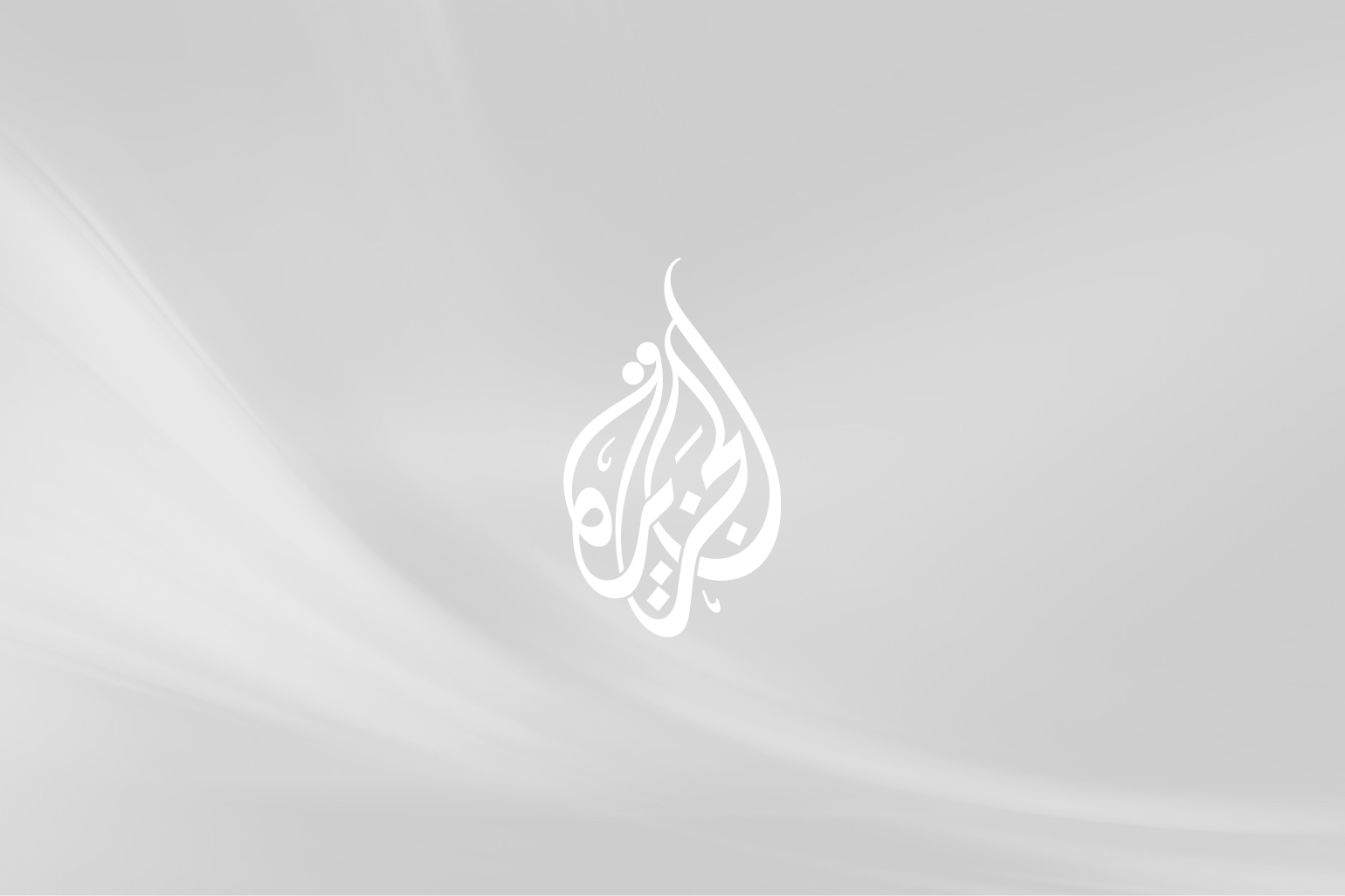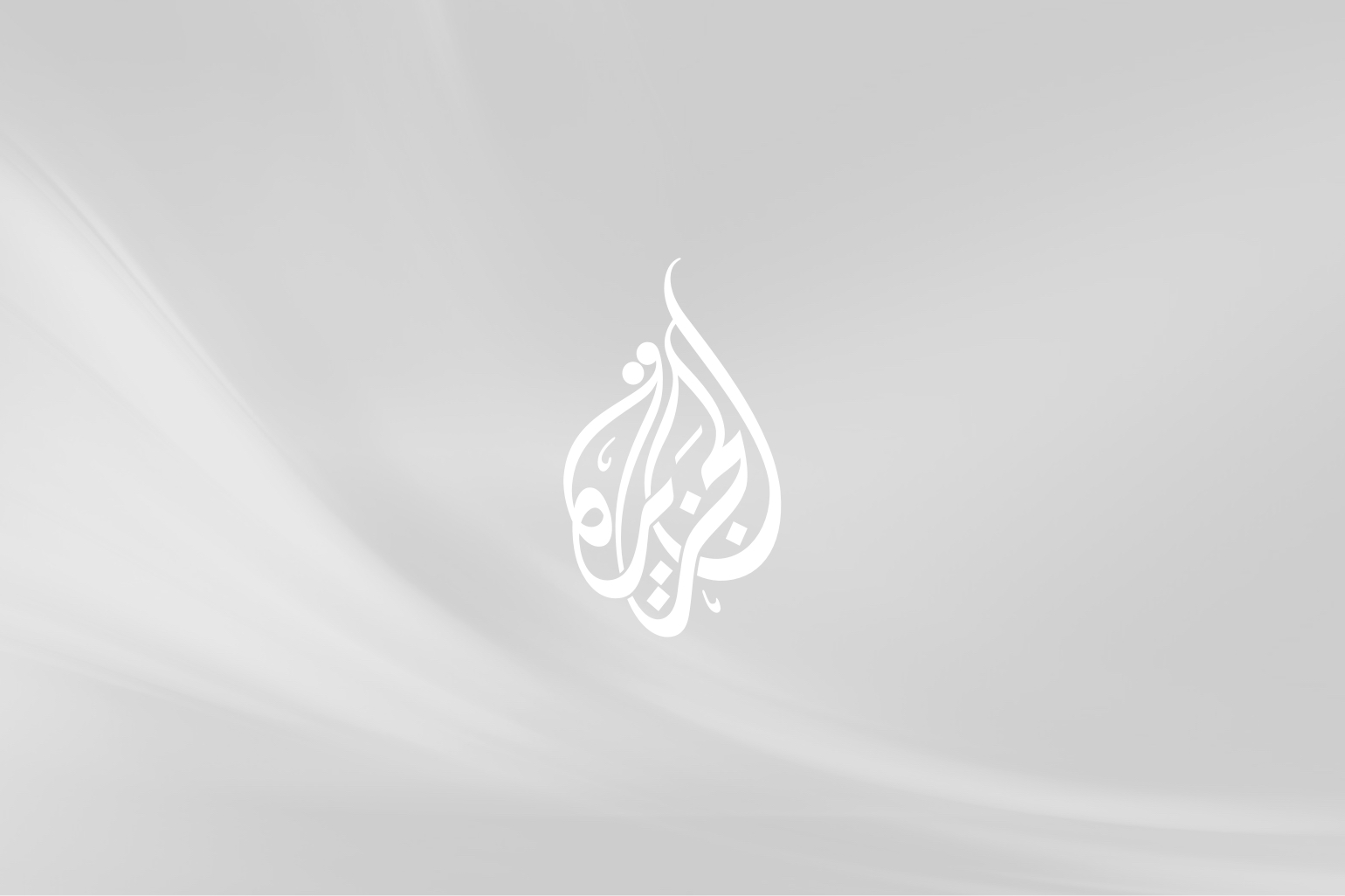Germany for end to Iraq sanctions
Germany has come out in support of the US-backed draft resolution to immediately lift sanctions on Iraq during US Secretary of State Colin Powell’s visit to Berlin.

 |
| Powell and Schroeder broke new ground in improving relations |
Chancellor Gerhard Schroeder and Colin Powell issued a joint call Friday for the swift lifting of sanctions.
“We are of the opinion that the sanctions that were levelled at the time no longer make sense in light of developments and should be lifted as soon as possible,” Schroeder told reporters after a 30-minute meeting with Powell at the chancellery.
Powell arrived in Germany after stops in Russia and Bulgaria to drum up support on the UN Security Council for abolishing the 12-year-old sanctions and kickstarting the economic process.
He said he was pleased with Schroeder’s cooperation even as Germany’s close ally, France, sparked off a new diplomatic row with Washington early Friday.
UN role in Iraq
Schroeder, eager to heal the deep rift with Washington over his vocal opposition to the Iraq war, omitted to mention his previous calls for the United Nations to play a central role in the war-ravaged country during the short news conference that followed the talks.
Powell said their talks – seen here as a first welcome step toward a thaw – had included a “candid” airing of their past disagreement on Iraq.
“We also talked about that which pulls us together,” he added, pointing to historic ties between Germany and the United States as well as current cooperation in Afghanistan and Kosovo.
“The most important thing during this visit was the refreshment of German-US relations,” said Sebastian Jutzi, the editor of Focus Magazine.
“The chancellor and Mr Bush don’t seem to talk anymore. The US president depends on personal relationships in conducting foreign policy so, from that respect, the relationship is broken.”
Lingering rancour
Powell cited German cooperation on lifting the sanctions as an ideal way for Berlin and Washington to salvage their once close ties.
He warned, however, that differences with Germany, a non-permanent member of the UN Security Council, ran deep.
“The last several months have been very, very difficult. We had a basic disagreement and cannot paper it over. And we will just have to take some time, and it’ll take some work for us to put that disagreement in the past.”
The US draft resolution would immediately lift UN sanctions on Iraq and give the US-led occupying forces broad control over its oil revenues.
China, France and Russia, three veto-wielding members of the Security Council, have demanded a return of UN weapons inspectors to Iraq to verify the country is free of weapons of mass destruction before sanctions are lifted.
Powell said it was “not necessary” for UN inspectors to return, saying US forces were in “full control” of Iraq and were conducting a thorough search for outlawed weapons.
He cited a revised text presented Thursday in New York that addresses several countries’ concerns about Iraq’s massive outstanding debt as a step toward compromise.
Powell, whose visit has been accompanied by security measures worthy of a US president, also met with his opposite number Joschka Fischer.
Warning to Schroeder
 |
| Powell’s meeting with conservative opposition politician Angela Merkel raised eyebrows in Berlin |
But the visit lacked the genuine warmth that characterised Clinton-era meets and German officials hoping that Powell’s visit would lay the groundwork for bilateral talks between US President George W Bush and Schroeder in the coming weeks were disappointed.
Powell said Bush would have little time for direct talks with the German leader at a meeting of the Group of Eight industrialised nations in France June 1-3.
“I don’t know that we’ll have a detailed discussion,” he said. “There won’t be enough time at a meeting such as that for bilateral meetings or long conversations. But I think as part of the G8 meeting they will certainly have the chance to see one other and will speak with each other in a group setting.”
The comments come after Bush held a surprise meeting in Washington on Thursday with prominent conservative opposition figure Roland Koch, the first German politician he has met since the Iraq war.
In a clear message to Schroeder, Powell also met with opposition leader Angela Merkel of the Christian Democrats, who received a VIP welcome in Washington earlier this year after she openly criticised Schroeder for damaging ties with the United States.
“Ms Merkel travelled to the US during the war and supported Mr Bush very strongly,” says Jutzi. “This (Powell’s meeting) seems to be a statement by the US government that they would prefer a German government led by the Christian Democrats than the (current) Social Democrats.”